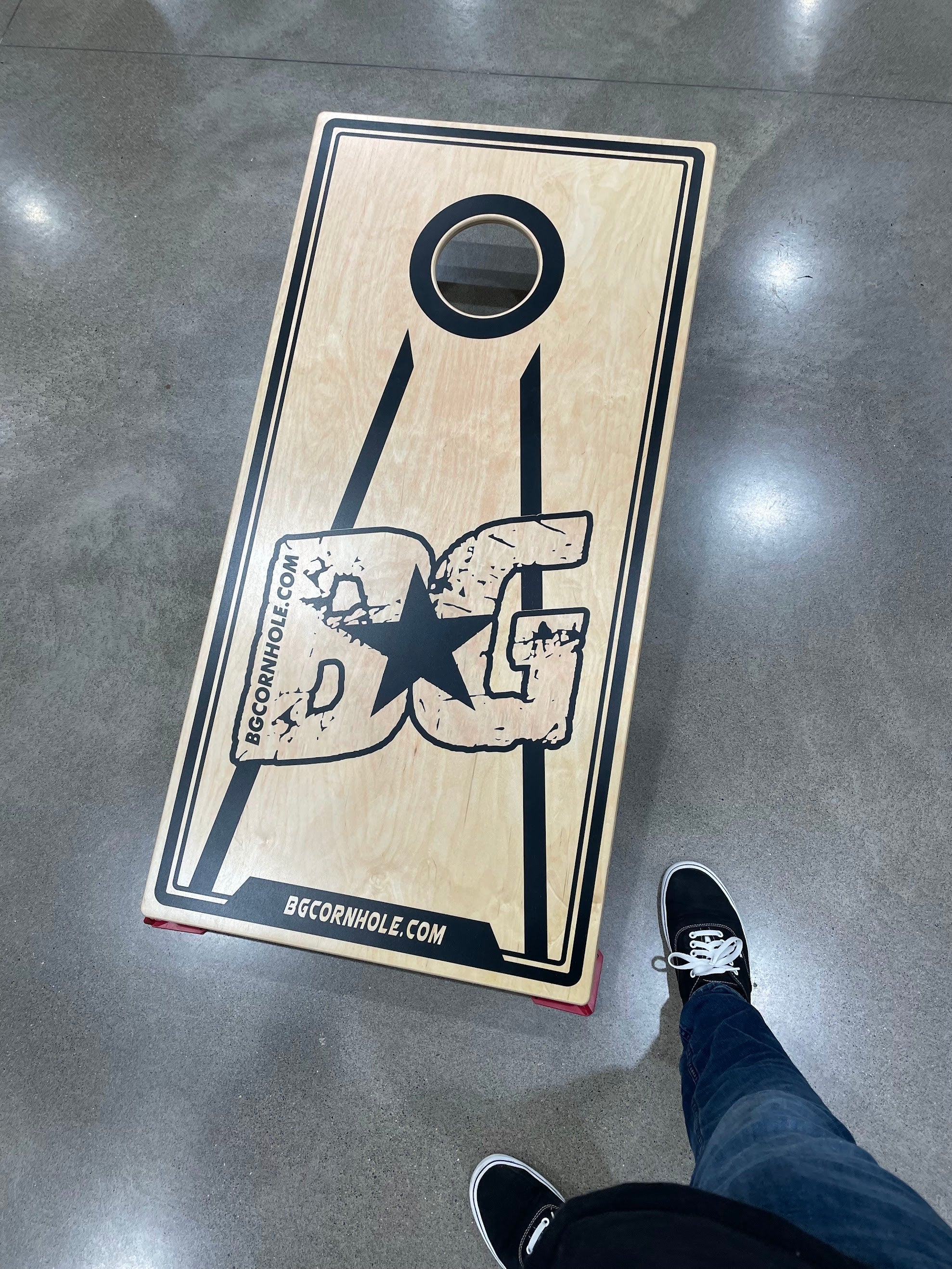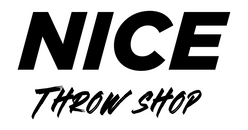How to Choose the Right Cornhole Boards: A Beginner’s Guide

Introduction
Whether you're picking up your first set for weekend fun or getting serious about competitive play, choosing the right cornhole boards can make or break your experience. The quality of your boards affects everything—slide, bounce, consistency, and even your confidence with each throw.
In this guide, you'll learn exactly what to look for (and avoid) when buying cornhole boards. We'll cover board types from casual to professional, explain key materials and specs, and help you decide whether building your own is really worth it.
1. Start with Your Purpose
Are you buying for casual backyard games or looking to train for competition? Your answer will shape everything from price to performance.
Types of Players and Boards:
-
Backyard Players – Just looking to have fun with family and friends. No need for high-end materials, but stability still matters.
-
Recreational Players – Play a bit more often and care about some consistency. Might consider a better build with solid materials.
-
Competitive/Elite Players – Playing league nights, tournaments, or training for ACL events. Need regulation specs and zero bounce.
-
Pro-Level Players – Require precision slide, minimal bounce, perfect build specs, and consistency on every board set.
2. Know the Board Classes
Here's how board quality typically breaks down:
Backyard/Box Store Boards (Entry-Level)
-
Usually made with thin plywood or MDF
-
Lightweight, often under 20 lbs per board
-
Lots of bounce and dead spots
-
May not meet official size (2x4 ft) or height standards
-
Cheap price, but often frustrating to play on long term
Recreational Boards (Mid-Grade)
-
Made with 1/2" or 5/8" plywood
-
Decent surface but may still have bounce
-
Often lighter than regulation weight
-
Good for casual players who want better play
Competition/Pro Boards (High-End)
-
Made with 3/4" Baltic birch tops
-
Regulation size and weight (~25–30 lbs per board)
-
Smooth surface for predictable slide
-
Reinforced frames to eliminate bounce
-
CNC-cut or precision-built for consistent specs
Custom or Branded Boards
-
Same specs as pro boards
-
Feature artwork, vinyl wraps, team logos, etc.
-
Used in ACL and league play
3. Key Factors to Compare
Weight & Frame Build
-
Look for 3/4" Baltic birch tops and a solid frame
-
Avoid hollow, stapled frames (they bounce)
-
Heavier boards stay put, feel more stable, and resist shifting on hard throws
Surface Slide
-
Poly-coated tops or vinyl-wrapped designs allow consistent sliding
-
Cheaper boards may feel sticky or gritty
-
Unfinished or painted boards can affect bag speeds unpredictably
Bounce
-
Bounce ruins gameplay—especially with blocks, roll bags, or airmails
-
Lower-end boards often flex in the middle or legs
-
Top-tier boards are built to eliminate bounce entirely
Leg Design
-
Folding legs are ideal for storage
-
Rubber feet help reduce slip on smooth surfaces
-
Sturdy brackets and joints help avoid wobble
4. Should You Build Your Own Boards?
Building your own boards is a fun DIY project—but if you want true consistency, it’s tough to match the quality of precision-built, CNC-cut boards.
Pros of DIY:
-
Budget-friendly
-
Customize to your liking
-
Fun if you’re handy
Cons of DIY:
-
Hard to eliminate bounce without premium materials
-
Takes time and tools
-
Might not meet tournament specs
-
Could cost more than you think once you buy materials, poly, etc.
Unless you’re just doing it for fun or the backyard, you’re usually better off buying ACL-approved or competition-level boards if you're serious about your throw.
5. Our Recommendation
If you're getting into the sport and want a reliable board to grow with:
-
Start with a competition-grade board (3/4" birch, solid frame, coated top)
-
Avoid big-box store sets that bounce and slide poorly
-
Pair your boards with ACL-approved bags that match your play style
If you're serious about leveling up, look at NICE Cornhole’s board options, made to ACL specs and built for long-term performance.
Final Thoughts
Your boards are the foundation of your game. Cheap or poorly built boards can ruin your throw, mess with your practice, and cause bad habits. Whether you're tossing bags with friends or gearing up for league play, the right boards will make the game more fun—and more fair.
Choose smart, and you’ll enjoy every bag that hits the board.


